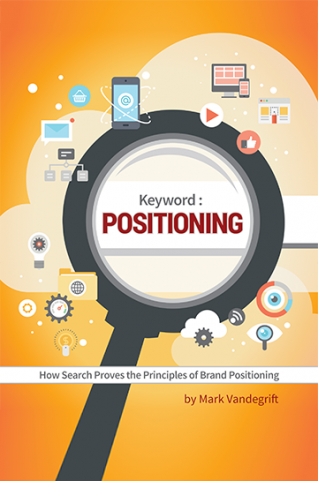Are blogs dead? Certainly they are no longer mentioned as a marketing panacea as they were at the turn of the millennium, but to call them dead would be far from accurate. Blogs are alive and very well, especially as a means to communicate a company's corporate positioning strategy. They play important roles for companies and consumers alike.
Like all new media, blogs have found their level. At one time, blogs were the magic pixie dust for marketing. If a company just had a blog, then sales would skyrocket, so was the common belief. But this didn't happen and blogs settled into their level with all other existing media.
As another example of hot-today-cold-tomorrow new media, MySpace was there once. And now, where will Facebook and Twitter land? Likely, these will fade with time too. Twitter already has a 60% month-over-month attrition rate while Facebook is holding its own.
Blogs, like the one you are reading now (PositionistView), are a great line-item tactic within your marketing plan to help execute your corporate positioning strategy. Successful blogs -- ones that have stood the test of time -- provide fresh, proprietary content that subscribers recognize as unique or difficult to find elsewhere.
The success of blogs, like that of positioning, is equal to the relative value of their difference. The higher the uniqueness, the higher the value. When you look at the latest list of Technorati's top 100 blogs (as of August 31, 2010), they all have an extremely focused topic and are considered the top source in their respective subject matter. Sound anything like a print publication?
For most companies, this is the sticking point of using blogs to further their corporate positioning strategy. Content development, while considered easy at face value, turns out to be difficult for most companies. Hence, the reason for the perceived blog phenomenon "falloff." But, in fact, companies that have achieved great success in blogging typically have great internal content developers who understand the focused nature of their corporate positioning strategy (or they hire a great positioning agency).
Blogs and social networks are credited with reviving the public relations industry. Why? Because PR writers know how to craft articles from the tiniest piece of information and they are able to crank out content at a rate necessary for quick and constant publication. The professional level required for producing great content is evidence of this, as is the fact that those top 100 blogs listed above actually employ professional copywriters.
The benefit of blogging is as a brand and reputation builder. Will it create immediate sales? Probably not. Will it build a relationship? Definitely!
If a company stands for something, it must have a perspective on that difference, or the difference has low value or a lack of commitment from the organization. So if your company is committed to your difference, consider sharing your corporate positioning strategy via a corporate blog. Like PositionistView, where we share Innis Maggiore's perspective on all things corporate-positioning-strategy-related, the value exists in the long-term relationship building with customers and prospects. The more our audience understands our difference, the more likely it will desire its value.



